Flooring is a general term that refers to the permanent covering of a floor. The term also refers to the work involved in installing such a covering for your floors.
The floor is one of the largest surfaces of the home that encounters high usage levels. Picking the appropriate type of flooring depends on your personal tastes, budget, lifestyle, and use case for different rooms in a house.
Each of the different types of flooring has unique benefits, and you need to determine each room’s needs to figure out the best possible type of flooring for each room.
Here is all the information you need to know about the flooring for your home.
What are the different types of flooring?
Hardwood flooring

Hardwood has been one of the most popular types of flooring for decades because of its durability and elegant style.
Hardwood flooring is made from planks of hardwood trees like mahogany, walnut, cherry, teak, oak, cedar and maple, which are treated to improve the structural and aesthetic qualities of the final product.
This type of flooring is frequently installed using a tongue-and-groove technique where each board of wood is attached to the subfloor using tongues at the edge of each board.
Hardwood floors are quite easy to maintain. They only require frequent sweeping and cleaning with an approved wood cleaner. Like with any other wood floor, experts avoid cleaning hardwood floors with water. Moisture penetration can cause the flooring to become weak and develop an uneven surface.
However, hardwood is a relatively expensive flooring material, whose cost is driven higher by the need to use wood cleaners and apply a fresh coat of finish every 3 to 5 years to keep it looking fresh. The average cost for hardwood flooring ranges between $5 to $10 per square foot.
Hardwood flooring can also take dents, scrapes and scratches in high-traffic areas, and are not suitable for use in basements, laundry rooms and bathrooms.
Concrete flooring
This is typically a floor formed using a flat slab of concrete that is either poured on-site or precast in a manufacturing environment. Concrete flooring features reinforcing steel bars or mesh to strengthen the concrete.
Concrete flooring can withstand wear, is resistant to stains, fire, water penetration, bacteria and odors. They also do not scratch easily, are easy to clean and the design is highly customizable.
However, concrete flooring has a hard underfoot feeling, and moisture migrating from underneath the slab can damage surface treatments and make it damp. Also, expertly installed concrete can develop cracks over time as a result of temperature fluctuations, settling and moisture.
Cement sceed flooring finish
Cement screed flooring refers to a layer of sharp sand and cement placed on top of a concrete subfloor. It is also frequently made with coarse aggregates to result in a more durable finish. Unlike concrete flooring, cement screed flooring is mixed without water.
Screed floors are more durable than concrete and offer a longer lifespan. The screed can be bonded to a concrete base or directly placed on a damp proof membrane. This makes it ideal for underfloor heating which require cast-in pipes.
In its raw state, a screed floor is not the most attractive. The finish is not evenly smooth and gives off a gritty surface that is prone to releasing a lot of dust. This raw screed floor also cannot be treated in a way that improves the appearance.
Engineered wood flooring

This type of flooring gives the appearance of real wood at a more affordable price point than solid wood. Engineered wood features a layer of hardwood bonded to a high-quality plywood substrate.
The product is then coated with a high-quality veneer to make it more scratch resistant. It is known to be highly durable and with proper care, it can last as long as solid wood.
If you want to DIY your flooring installation, engineered wood flooring is ideal because it saves a lot of money on labor costs. Engineered wood flooring costs between $4 and $9 per square foot to install.
Laminate flooring

This is a good alternative for homeowners who want an alternative to carpeting that avoids the cost and maintenance of tiles and hardwood.
Laminate flooring consists of a particleboard wood base topped with tile photo or wood encased in a clear protective layer of plastic. It is also DIY-friendly and offers a range of texture and color options.
Laminate flooring is easy to clean and scratch resistant as a result of the clear protective layer.
The average cost of installed laminate flooring is between $3 and $7 per square foot.
However, laminate flooring is susceptible to moisture damage, has a hollow underfoot feeling, and chips quite easily.
Tile

Tile is a good choice for moisture-prone areas of the home such as kitchens and bathrooms. The most common materials for tile flooring are porcelain and ceramic, which are durable, water-resistant and come in a range of colors and styles.
Tiles are available in many types such as ceramic, terracotta, marble, stone, granite, cement, limestone and porcelain among others.
Tiles are however can be expensive and hard to install resulting from a lot of prep work, and offer a cold and slippery underfoot. Experts advise installing radiant heated coils underneath the tiles to avoid the cold feeling. However, tiling is generally cheaper compared to other types of flooring like laminate and timber flooring.
The average cost of installation ranges from $2.50 per square foot for ceramic tiles and between $3 to $10 for porcelain tiles.
Vinyl flooring

This is one of the most durable types of flooring materials that is water-resistant. It is also popular because it is inexpensive compared to other flooring materials and requires little maintenance.
Vinyl flooring is DIY-friendly, fade-resistant, and good for bathrooms, basements, kitchens and laundry rooms.
Two common varieties of vinyl flooring include luxury vinyl plank (LVP) and luxury vinyl tile (LVT) which are available in multiple styles.
The average cost of installation ranges between $1.50 for sheet vinyl to $ 6 and more for LVP and LVT per square foot.
Stone flooring

Stone floorings such as granite, limestone, sandstone, and marble are popular flooring choices that are ideal for both indoor and outdoor spaces. They are extremely durable and waterproof, which makes them one of the most expensive flooring materials.
The harder and denser the stone, the more difficult and expensive it is to source and shape. More colorful stones are also scarce which gives them a higher price point.
Stone provides natural beauty and quality that is unparalleled by other types of flooring.
The average cost of stone flooring ranges from $5 to $10 per square foot.
Carpeting

Carpet is a common flooring alternative for homeowners, and is quite common in bedrooms and living rooms. They are available in different colors, textures, and materials. Carpet technology has greatly evolved in recent years to result in more stain-resistant options.
Carpets are also one of the most cost-effective flooring options on the market. They are soft and warm on the feet of occupants and can be used to visually warm up a space. Carpets are also great for soundproofing spaces.
However, they can be hard to clean, can show a wear pattern and are unsuitable for people with allergies.
Installation prices vary depending on the type of material and the thickness of the carpet padding. The average cost of installation ranges between $2.50 to $10 per square foot.
Conclusion
Popular types of flooring include wood, engineered flooring materials, tile, stone, carpet and vinyl.
Flooring is not limited to the materials mentioned here. There are many non-traditional flooring materials such as cork, rubber, bamboo and terrazzo.
Consult a design expert to understand the best attributes and potential use cases for each type of flooring, and the overall costs to figure out what works best for you.
Several factors will affect your choices such as moisture, durability, maintenance, and appearance. Flooring can be an investment, so try to balance your needs with some style.
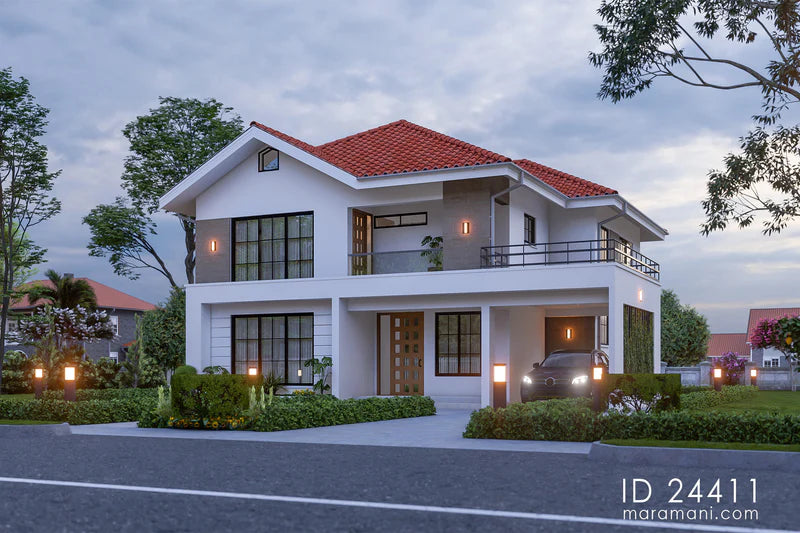
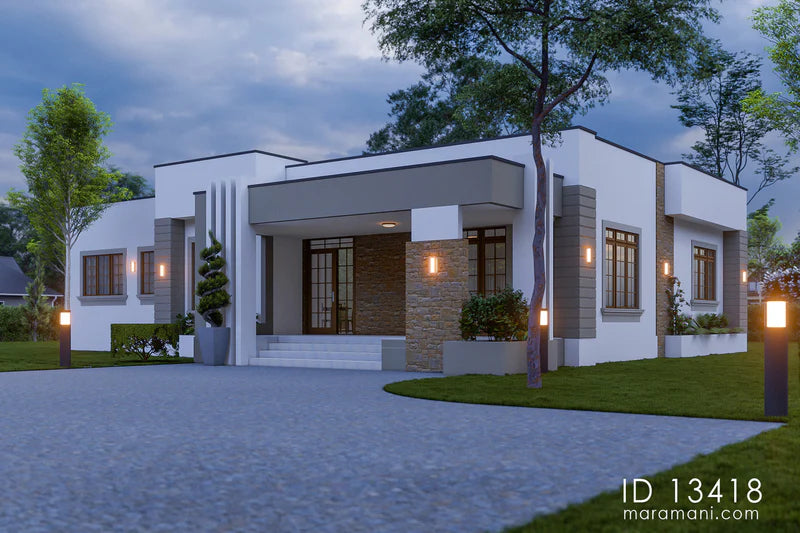
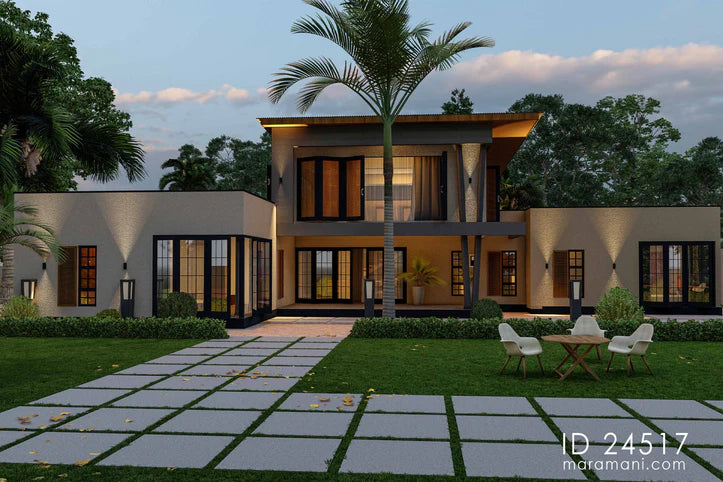
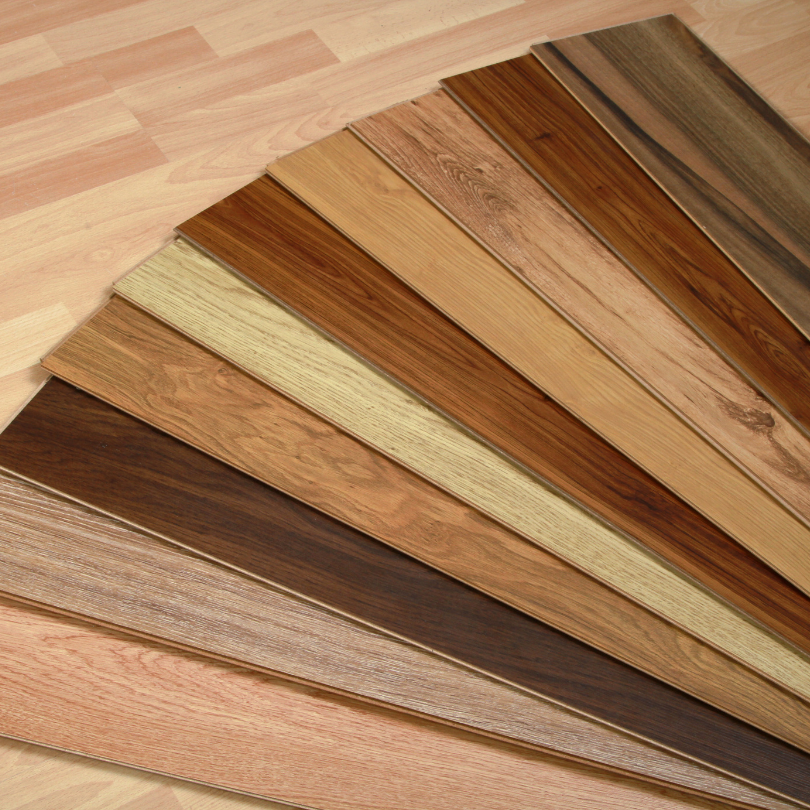
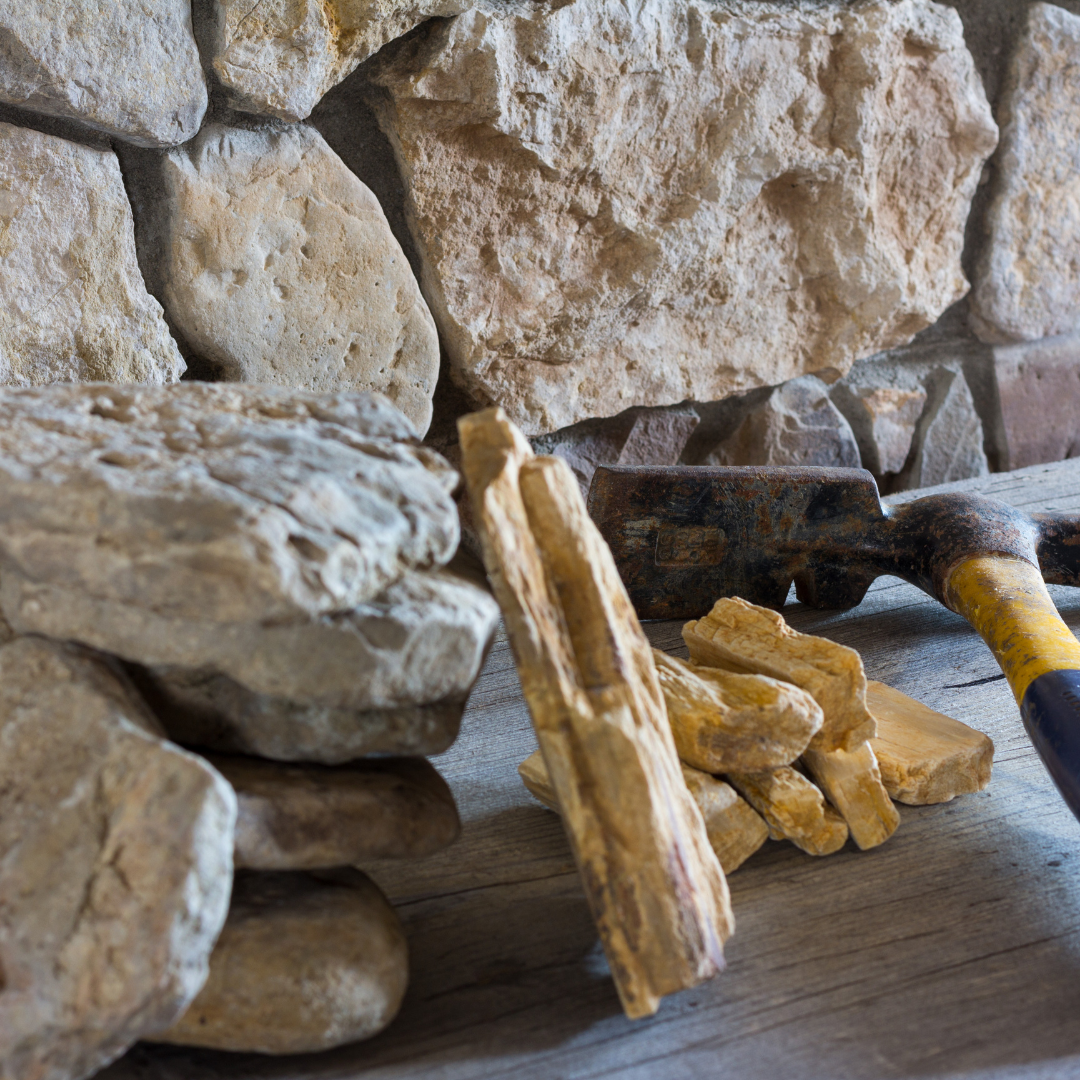
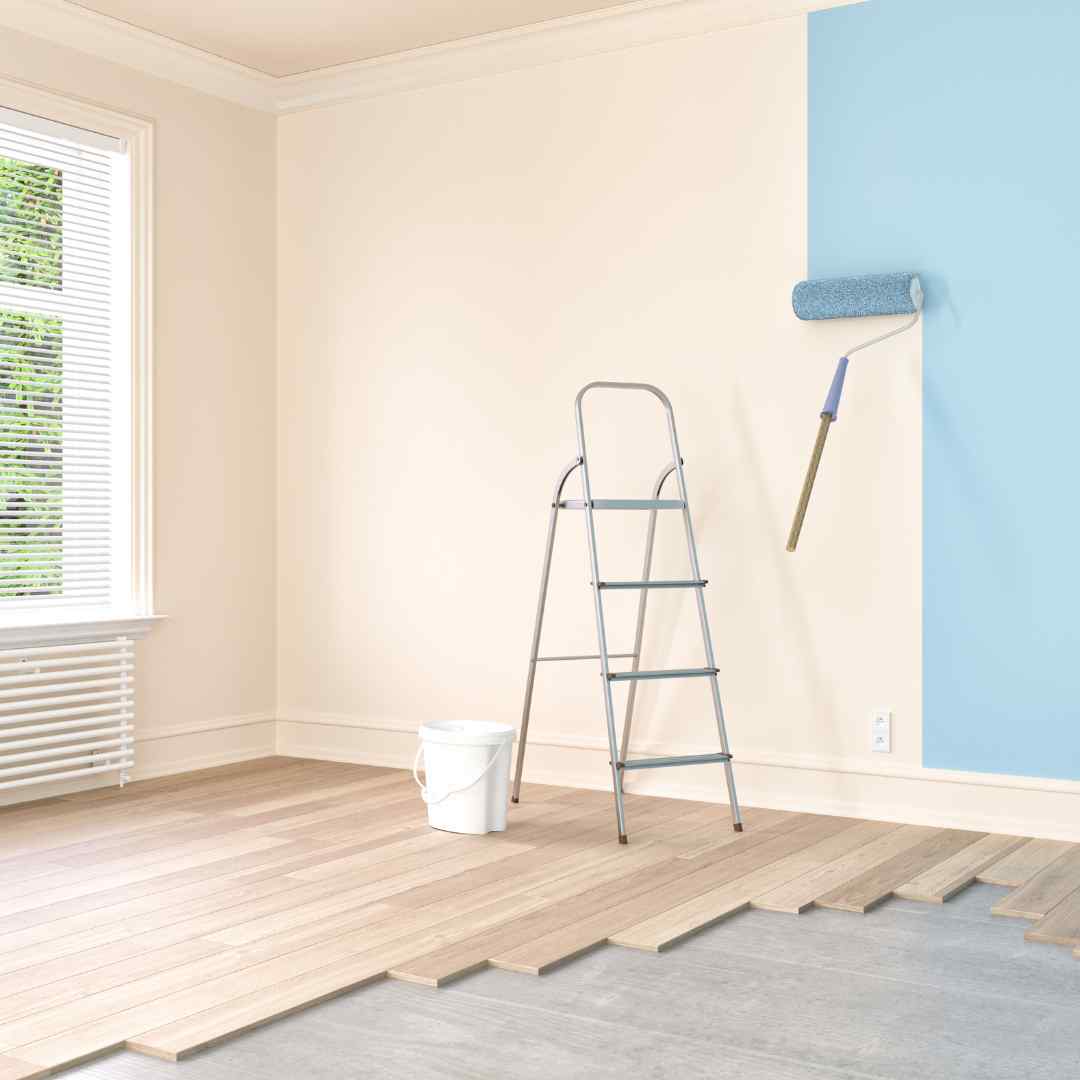
Leave a comment
This site is protected by hCaptcha and the hCaptcha Privacy Policy and Terms of Service apply.